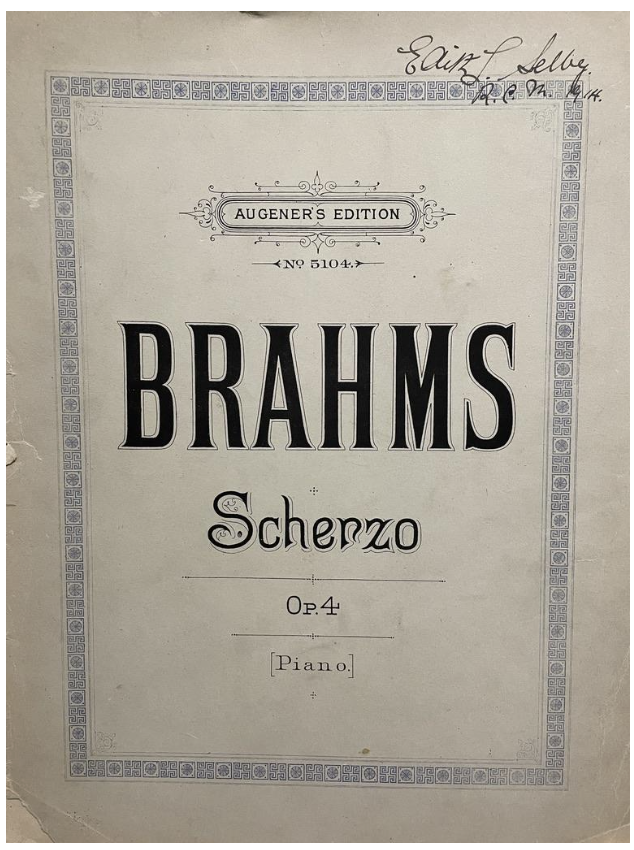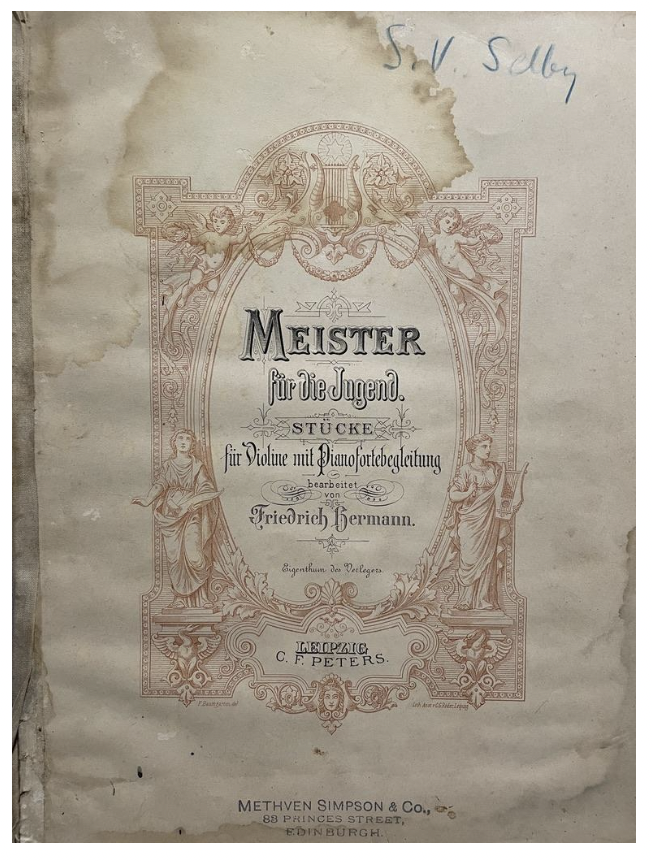Music Monday - ANZAC Day
/Anzac Day. One of the most important days in the Australian calendar year. Over my 45 plus years of teaching I have witnessed the resurgence of observation of Anzac services in schools. Back in 1975, as a young high school Music and English teacher I was fresh from the moratorium marches of the Vietnam war years and not wanting to be seen to glorify war in my choice of songs for Anzac Day. So, it was “I Was Only Nineteen” rather than the more patriotic traditional choices. Emphasising the futility, rather than the glory, of war.
Nevertheless, in our family – like so many Australian families – we have our own WW1 story; that of my great uncle Sam’s untimely death at Passchendaele, Belgium on 17 October 1917.
Samuel Vaughan Selby was a dentist, working at rebuilding soldiers’ destroyed faces after shelling. He received a white feather which shamed him into direct combat on the battlefield where he was killed on his first sortie.
Today I was sorting through music in my music room when I serendipitously stumbled on two pieces of old family music.
One was great uncle Sam’s - a work for violin and piano. He never returned home to play his violin again.
The other was one of my grandmother’s piano pieces, purchased when she was studying piano in London, after winning a place at the prestigious Royal College of Music. At the start of the war, her father sent her a cable to tell her to come home immediately as it was no longer safe to stay. Her performance career was cut short, and she returned to Perth to work as a piano teacher for the rest of her 84 years. My grandmother was Samuel Selby’s sister.
So here, on my bookshelf, are two volumes of music, each representing music silenced by war.
Where are the songs about that?







